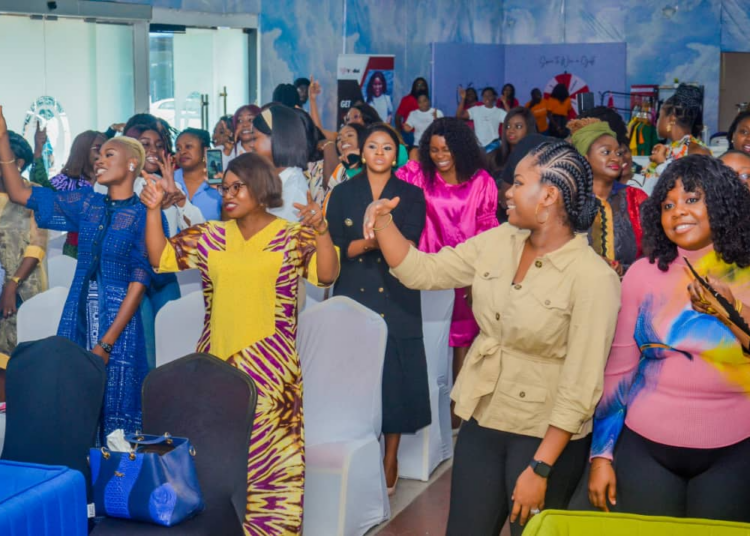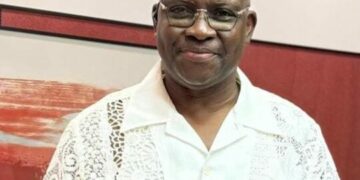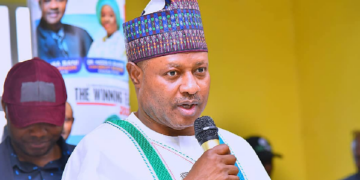Enactment of laws that criminalize the exclusion of women from leadership positions in politics and other sectors will bridge the widening gender disparity and boost women’s inclusion in Nigeria, a gender advocate and the Executive Director of Tech Her, Chioma Agwuegbo, has said.
In an interview with journalists at the weekend, she said women’s economic empowerment is critical to closing the gender gaps as women and girls are more susceptible to violence and poverty as Nigeria is experiencing recession with women and girls being the most vulnerable.
She reiterated that, while the economic empowerment of women is key to boosting their chances in politics and governance, we need legislation that criminalizes the exclusion of women and forces political parties to actively embrace gender parity in their dealings. “There is an urgent need to lift women but we have to ease the burden all around to ensure that whatever strategy we are thinking for women is allowed to play out”, she said.
Agwuegbo lamented that the cost of political parties’ nomination forms increased exponentially over the last few elections and there are less women with economic powers and in executive positions. This according to her means, “women who don’t have this means cannot vie for office and this has continued to negatively impact women ascending into political positions.”
While a good number of political parties end up slashing the prices for the forms for women who want to vie for office, this according to her means, women are not seen as strong enough contenders in their own right but rather to complete the numbers.
She added that the Federal Government’s non implementation of the 35% affirmative action, over two years after the Federal High Court’s judgment, goes a long way to show the unwillingness to bridge the gender gap in governance.
Recall that, the advocacy for 35% Affirmative Action led by the Nigerian Women Trust Fund (NWTF) and other women’s groups witnessed a landmark judgment ordering the Federal Government to ensure 35% of its appointive positions are women. Over two years after the court judgment Nigeria is yet to implement the judgment.
While Civil Society Organisations (CSOs) like the Nigerian Women Trust Fund have consistently led advocacy for women inclusion in politics, Ms. Agwuegbo maintained that the buck stops with the government as the largest distributor of development in any community, state or nation. “The government needs to stand up and say, we want to ensure that we have more women in political positions. We do this not just by enacting laws but by showing the political backbones that make those laws come into place,” she added.





